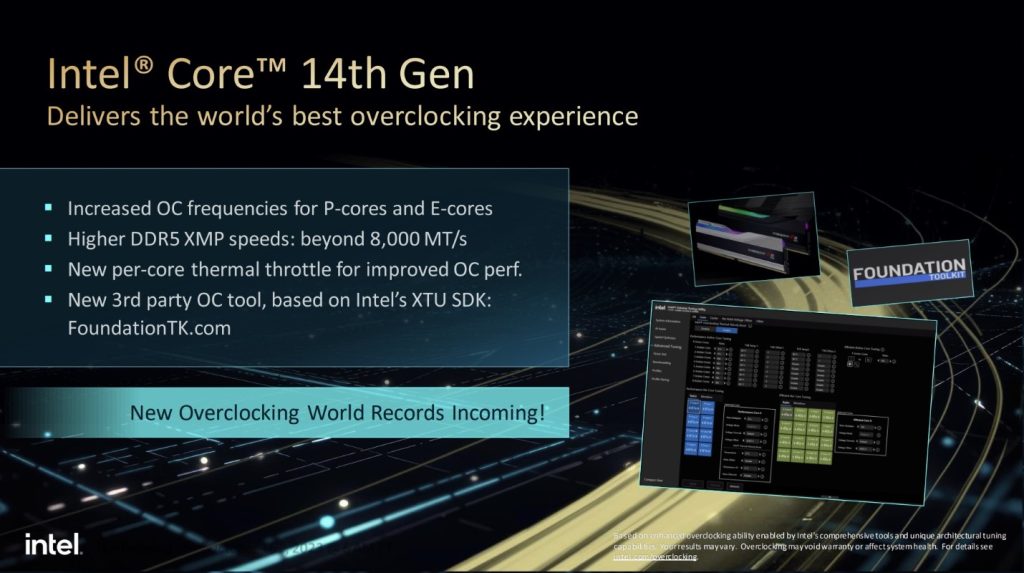Previously there has been reports of Intel Core i9 processors facing instability issues, starting earlier this year. NVIDIA even blamed Intel for GPU VRAM errors, which might have seemed somewhat odd, but now makes much more sense. The good news is that Intel is finally on the ball, and they may have found the root cause of the instability issues: Enhanced Thermal Boost Velocity (eTVB).
What’s Intel eTVB?

Basically it’s like an additional level of Turbo Boost that’s unlocked on top of the regular Turbo Boost, exclusively available to Intel’s flagship Core i9 processors. For example, if you have sufficient cooling, the Intel Core i9-14900K can boost up to 6.0GHz with eTVB, up from the 5.8GHz allowed by Turbo Boost Max Technology 3.0.
All of this is only possible provided that you’ve enough cooling and power headroom, but then again, anyone using an Intel Core i9 with anything less than a proper liquid cooling system and a high-end motherboard with a solid power delivery system should probably be shot.
What’s the problem now?
As eTVB is technically overclocking the processor, there are a lot of things that can go wrong. As it happens, it seems that the eTVB algorithm is having issues whereby the processors can engage the higher clock speeds even when temperatures are not within the allowed thresholds.
Intel seems to point towards problematic BIOS settings that allowed the processors to boost to higher eTVB speeds, even when the processor is running at high voltages and high temperatures. As such, the next BIOS update from partners should include a new microcode update to fix the issue. For those of you using the Intel Core i9 processors, I think you might want to keep an eye out for this.
However, I do believe this fix will affect the peak performance of these processors. The more lenient boosting may have been great for performance, it’s detrimental to the lifespan of the processor, and evidently, the reliability and stability of it as well.
Given that a lot of the reviews of the Raptor Lake processors were done with this problematic BIOS that allowed for higher boost even when not within the eTVB threshold, I wonder whether it’s time for reviewers to revisit the processors after the fix is in place to see how much of an effect it has on the performance.